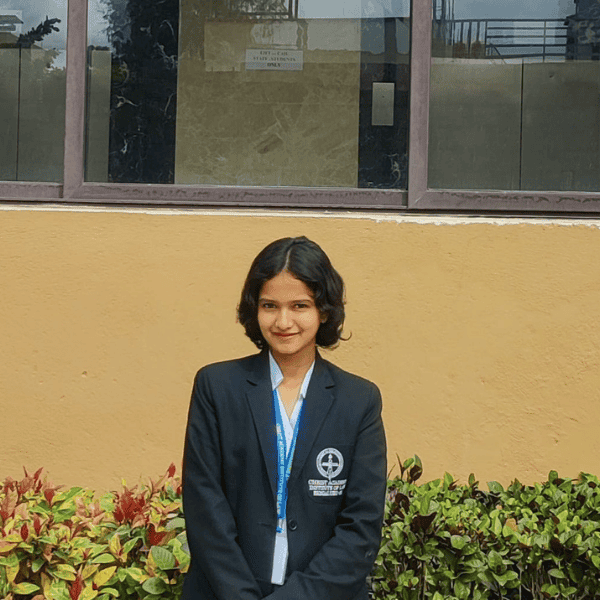US-India nanotech center at Rice University marks 1 year
The center strengthens India-U.S. ties through joint research in advanced materials, defense innovation, and strategic technology development.
 Attendees of the review meeting / Rice University
Attendees of the review meeting / Rice University
The International Research Innovation in Nanotechnology (RISING) Center, an initiative to enhance U.S.-India cooperation in advanced materials and defense-related technologies at Rice University, hosted a review meeting on completing a year.
The RISING Center is a strategic partnership involving Rice University, the Air Force Research Laboratory (AFRL), India’s Defense Research Development Organization (DRDO), and the Indian Institutes of Technology (IIT) Kanpur and Kharagpur.
Also read: Rice University inaugurates India Hub in Bengaluru
The meeting brought together representatives from AFRL, DRDO, and leading academic institutions to assess ongoing projects and discuss future research directions.
Caroline Levander, vice president for global at Rice University, emphasized the importance of the center to the university’s international engagement strategy and its long-standing collaboration with Indian institutions. “This is about building our global impact and reputation. India is crucial to our efforts, and Rice’s longstanding collaboration with IIT Kanpur and our growing network of academic and innovation partners across India will help this center reach its full potential,” Lavender said.
Ajit Roy, principal materials research engineer at AFRL, noted that this pilot initiative marks AFRL’s first collaboration of this scale with Indian institutions and highlighted the importance of international partnerships. “The skills and partnerships among Rice, IITs and DRDO are essential for the center’s success. The center’s goal is not stopping at ideation and innovation but driving through the R&D necessary to demonstrate higher technology readiness,” he said.
From the Indian side, Vijayabaskar Narayanamurthy, Adviser for Defense Technology at the Embassy of India in Washington, D.C., reaffirmed the initiative’s alignment with the U.S.-India Major Defense Partnership and complementary frameworks such as INDUS-X and the Autonomous Systems Industry Alliance (ASIA).
Pulickel Ajayan, faculty lead of the RISING Center at Rice, described the initiative as a scalable platform supporting collaborative innovation, workforce development, and future applications in defense technologies.
Vinod Veedu, assistant vice president for research, emphasized Rice’s commitment to global defense innovation through academic partnerships and technological collaboration. “The AFRL-supported RISING Center exemplifies the powerful synergy between academic diplomacy and international defense innovation. By fostering strategic dialogue and technological collaboration, it positions Rice as a pivotal nontraditional defense academic partner uniquely equipped to convene global stakeholders,” he said.
Research at the center is focused on five key technical areas identified by AFRL, with current projects addressing thin-film semiconductors, device integration, and materials for flexible electronics and energy harvesting. Participating U.S. institutions include the University of Texas at Austin, Pennsylvania State University, and Northeastern University.
ADVERTISEMENT
ADVERTISEMENT
E Paper
Video

 Bhavana P
Bhavana P.jpeg)




.jpeg)



Comments
Start the conversation
Become a member of New India Abroad to start commenting.
Sign Up Now
Already have an account? Login